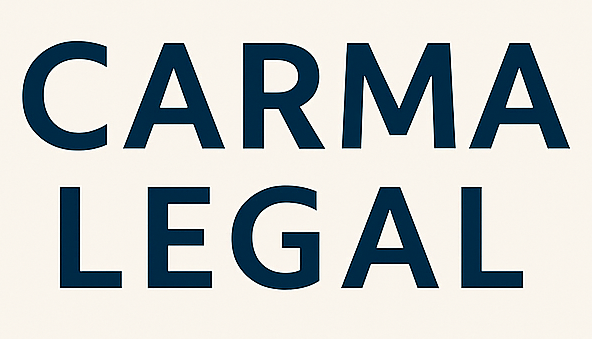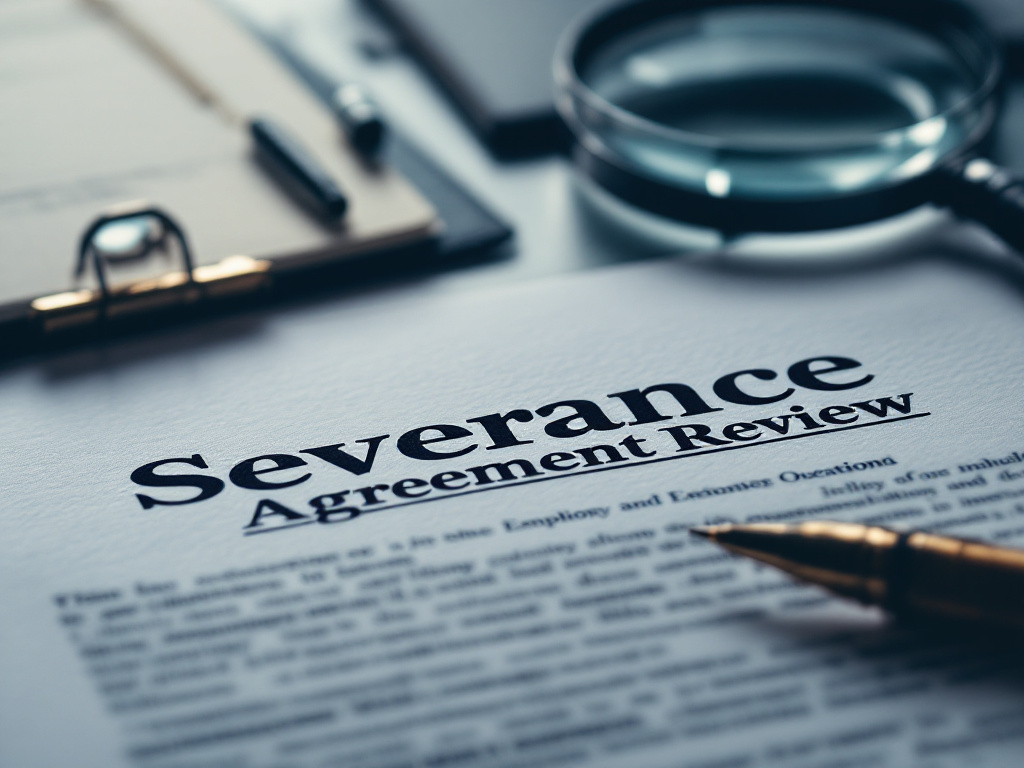Understanding third party liability
What is a workplace injury lawyer third party claim?
When you sustain an injury at work due to someone else’s negligence, you may be able to pursue a workplace injury lawyer third party claim. Unlike a workers’ compensation case, which covers only medical expenses and a portion of lost wages without requiring proof of fault, a third-party liability suit lets you hold other responsible parties accountable. Third-party claims in workplace injury cases involve civil lawsuits against individuals or entities other than the employer who contributed to the injury, allowing for a broader range of damages compared to workers’ compensation benefits [1].
Why workers’ comp may be insufficient
Workers’ compensation guarantees certain benefits such as medical treatment and partial wage replacement, but it often falls short when it comes to non-economic losses. In 2022, over 4.5 million workers suffered on-the-job injuries serious enough to consult a doctor [2]. While this safety net provides immediate relief, it typically excludes compensation for:
- Pain and suffering
- Emotional distress
- Long-term disability
- Loss of future income potential
As a result, victims of severe or catastrophic injuries may face significant out-of-pocket expenses. A civil action against manufacturers, contractors, property owners, or other third parties can help recover the full value of medical bills, wage losses, and non-economic damages.
Comparing workers’ comp and third-party claims
| Workers’ compensation | Third-party claim | |
|---|---|---|
| Medical expenses | Yes | Yes |
| Lost wages | Partial (up to set cap) | Full potential |
| Pain and suffering | No | Yes |
| Emotional distress | No | Yes |
| Future earnings loss | Limited or none | Yes |
| Proof of negligence | Not required | Must prove fault |
Overall, pursuing a third-party lawsuit can bridge the gap left by workers’ compensation, providing the comprehensive relief necessary for a full recovery.
Benefits of hiring legal counsel
When you’re injured on the job, securing seasoned legal representation can make a critical difference. Here are the top reasons to hire an experienced attorney for third-party claims.
Maximizing your compensation
A skilled lawyer brings in-depth knowledge of valuation techniques and legal precedents, enabling you to pursue full compensation:
- Comprehensive damage assessment, including future care costs
- Coordination of expert testimony on medical, vocational, and economic factors
- Negotiation strategies that pressure insurers to settle fairly
- Willingness to take cases to trial when settlements fall short
By leveraging these tactics, you stand a better chance of recovering the funds you need for both present and future needs.
Holding negligent parties accountable
One of the core advantages of a third-party lawsuit is its focus on accountability. Whether your injury stems from a defective product, negligent contractor, or unsafe property condition, your attorney can:
- Identify all liable entities
- Gather evidence to establish duty, breach, causation, and damages
- File claims against manufacturers via a product liability lawyer
- Exert legal pressure that may improve safety standards
This corrective action not only supports your case but also promotes safer work environments for others.
Managing complex legal procedures
Third-party claims involve intricate procedural rules such as civil discovery, expert depositions, and strict filing deadlines. A qualified attorney handles:
- Statute of limitations tracking for your jurisdiction
- Preparation of detailed pleadings and motions
- Coordination of depositions with key witnesses and experts
- Countering insurer tactics like benefit delays and surveillance
By letting your lawyer navigate these complexities, you can focus on recovery while ensuring no procedural misstep jeopardizes your claim.
Common third party defendants
Workplace injuries often involve multiple actors beyond your employer. Recognizing the most frequent defendants helps target your claim effectively.
Equipment manufacturers
Defective machinery or tools can directly cause catastrophic injuries. Manufacturers may face liability if they:
- Produced a flawed design
- Failed to provide adequate warnings
- Lacked sufficient quality control
In such cases, an experienced manufacturing defect attorney or dangerous product lawsuit attorney can help you pursue a claim against the responsible party.
Contractors and subcontractors
On multi-employer sites, third-party contractors and subcontractors can be held responsible for:
- Negligent site supervision
- Improper installation or maintenance
- Failing to address known hazards
A knowledgeable unsafe worksite injury lawyer will investigate safety records and contractual obligations to strengthen your case.
Property owners and maintenance companies
Unsafe premises that contribute to a work injury may lead to claims against property owners or their maintenance teams. Common scenarios include:
- Slippery or poorly maintained walkways
- Inadequate lighting leading to trips and falls
- Defective structural components
Holding property owners accountable can drive needed repairs and enforcement of safety codes.
Vehicle operators
Motor vehicle collisions during work tasks—such as deliveries or inspections—often involve third-party drivers or trucking companies. Your attorney can pursue claims against:
- Negligent drivers
- Companies with inadequate maintenance protocols
- Insurers of commercial fleets
These actions complement any workers’ compensation benefits you receive.
Navigating the claims process
Understanding each phase of a third-party lawsuit helps set realistic expectations and maintain momentum toward resolution.
Investigation and evidence gathering
Effective cases begin with thorough fact-finding:
- Securing incident reports, maintenance logs, and photographs
- Collecting witness statements and expert analyses
- Reviewing medical records and future care projections
- Consulting engineers, safety experts, and medical professionals
A skilled attorney coordinates this process, ensuring crucial evidence is preserved.
Filing suits and deadlines
Your lawyer will prepare and file:
- A civil complaint outlining the facts and legal basis for liability
- Motions to compel discovery if defendants withhold information
- Notices of intent to claim damages
Meeting the statute of limitations is vital—most deadlines range from one to three years after the incident. Missing them can bar your claim.
Negotiation and trial preparation
Many third-party claims settle out of court. During negotiations, your attorney will:
- Present a demand package with evidence summaries
- Respond to defense counteroffers using legal precedents
- Evaluate settlement proposals against potential trial verdicts
If talks stall, your counsel will prepare for trial by developing a litigation plan, questioning experts, and readying witnesses.
Handling subrogation and parallel claims
When you receive workers’ compensation benefits, insurers may assert subrogation rights, seeking repayment from your third-party recovery. Your lawyer can:
- Negotiate subrogation waivers or reductions
- Coordinate settlements to minimize repayment
- File parallel claims—such as pain and suffering actions—without affecting workers’ comp benefits
This multifaceted approach ensures you retain as much of your award as possible.
Selecting your attorney
Choosing the right legal team sets the tone for your case’s success. Keep these factors in mind.
Key qualities to look for
Seek an attorney who demonstrates:
- Proven success in third-party workplace injury litigation
- Access to medical and vocational experts
- Clear communication and responsiveness
- Willingness to invest the necessary resources
Specialized credentials, such as trial lawyer association membership, can signal expertise.
Questions to ask attorneys
Before hiring counsel, consider asking:
- How many third-party workplace injury cases have you tried?
- What is your approach to valuing non-economic damages?
- Can you provide references from former clients?
- How will you keep me informed about case developments?
Well-prepared attorneys will address these questions confidently.
Finding specialized representation
Not every personal injury lawyer handles third-party workplace cases. You may also benefit from consulting a workplace accident attorney or an injury at work lawyer (not workers comp) to ensure you receive tailored guidance.
Frequently asked questions
Do I lose workers’ comp benefits if I file a third-party lawsuit?
No. You can pursue a third-party claim without forfeiting your workers’ compensation benefits. However, insurers may seek subrogation, so your attorney should negotiate to limit repayment.
What is the deadline for filing a third-party claim?
Deadlines vary by state and type of injury. Most statutes of limitations range from one to three years after the incident. Missing these deadlines typically bars your right to sue.
How much does hiring a lawyer cost?
Many personal injury lawyers handle workplace third-party cases on a contingent fee basis. You pay no upfront fees, and your attorney only collects a percentage of the recovery.
Can I sue if a defective product injures me at work?
Yes. If machinery or tools malfunction causes your injury, you can file a product liability claim against the manufacturer or distributor, often with assistance from a product liability lawyer.
What types of damages can I recover?
Through a third-party lawsuit, you may recover:
- Past and future medical expenses
- Full wage and earning capacity losses
- Pain, suffering, and emotional distress
- Loss of enjoyment of life
Your lawyer will help calculate a complete damages package.
Conclusion
Pursuing a third-party claim after a workplace injury empowers you to secure the compensation and accountability you deserve. With expert guidance from a qualified attorney, you can navigate complex laws, hold negligent parties to account, and focus on your recovery. If you’re ready to explore your legal options, contact our dedicated third party injury claim lawyer today for a free consultation.








